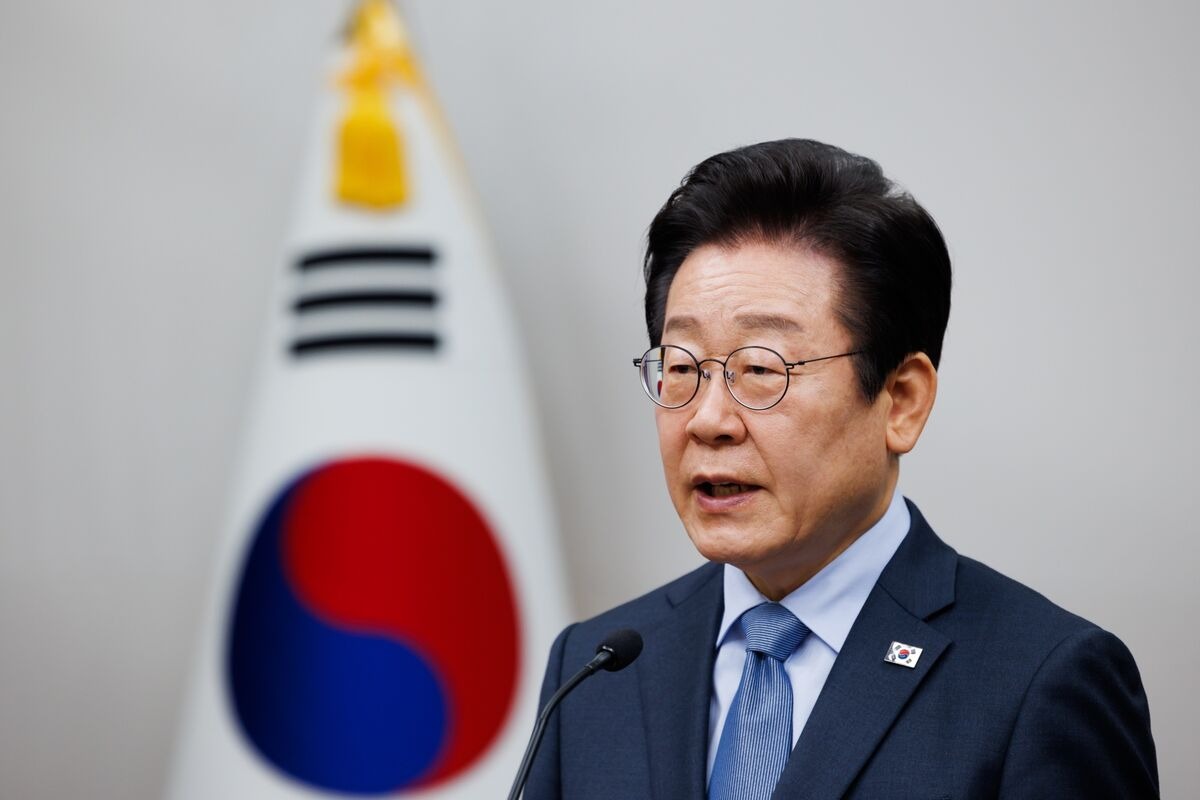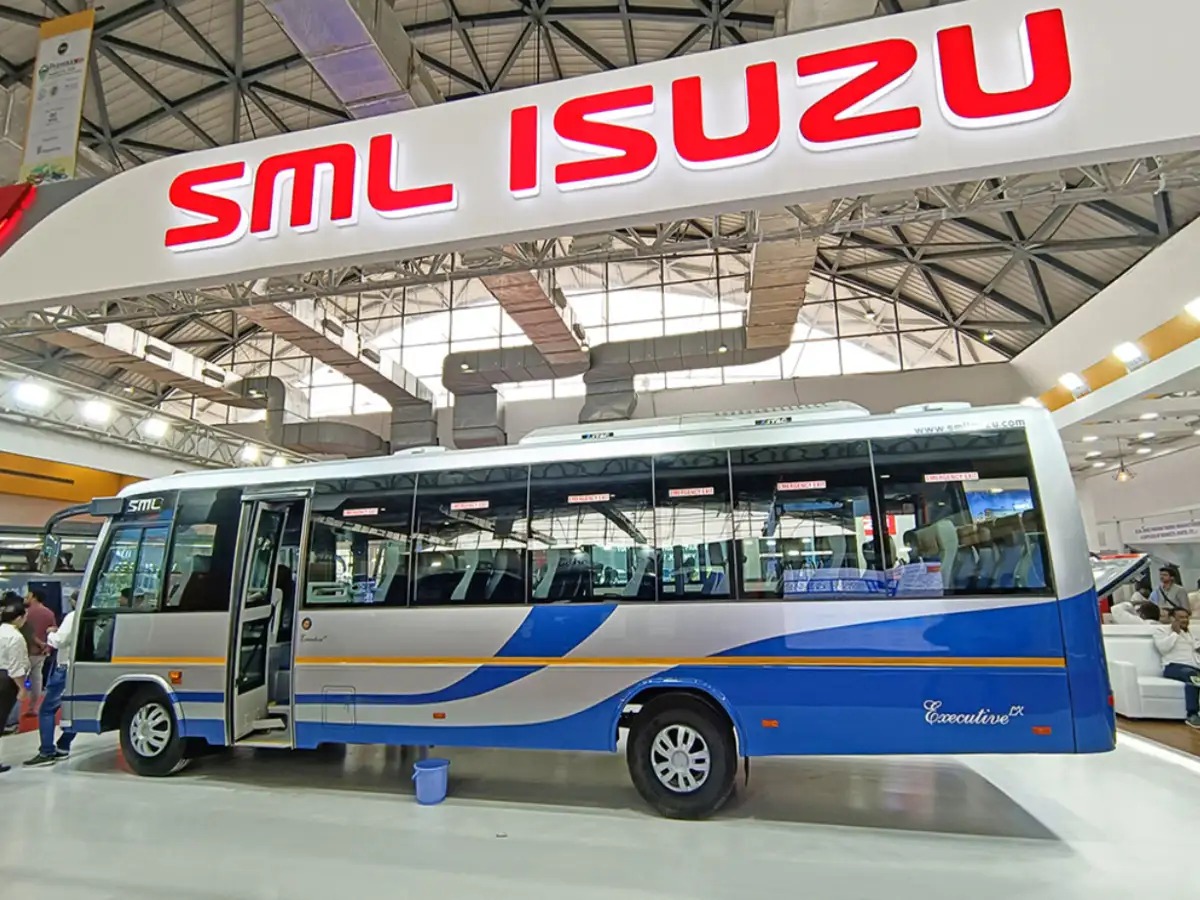 Image Source: Bloomberg News
Image Source: Bloomberg News
In a historic ruling, South Korea's Supreme Court reversed the earlier verdict against presidential hopeful Lee Jae-myung on election law offenses and referred the case back to a lower court for retrial. The decision has far-reaching consequences for Lee's political career and the next presidential election. Here's a comprehensive summary:
Important Points
Supreme Court Ruling:
The court reversed the previous guilty conviction, which had charged Lee with election law violation during his campaign.
The case has been sent back to the lower court for re-deliberation, extending the legal battle.
Impact on Lee's Candidacy:
Lee Jae-myung, a leading candidate in the presidential election, is left uncertain as the retrial may impact his candidacy to run for the election.
The ruling has also generated debates on the role of the judiciary in determining political results.
Legal Context:
The original ruling had prohibited Lee from political activities, including possible disqualification from office candidacy.
The Supreme Court decision underscores the requirement for careful examination of evidence and legal reasoning.
Political Response:
Lee's supporters greeted the ruling positively, perceiving the decision as a chance to vindicate his name and consolidate his election campaign.
Opponents reason that the long legal process may erode public confidence in the electoral process.
Implication of Elections:
As the presidential election draws near, the retrial introduces a political complexity to the situation.
The result of the case may sway voter opinion and the race dynamics.
Future Prospects:
The lower court is likely to accelerate the retrial to avoid interference with the election schedule.
Lee's lawyers remain hopeful of getting a positive outcome.
This decision points out the intersection of law and politics in South Korea, highlighting the difficulty of upholding judicial independence in a polarized setting.
Advertisement
Advertisement





